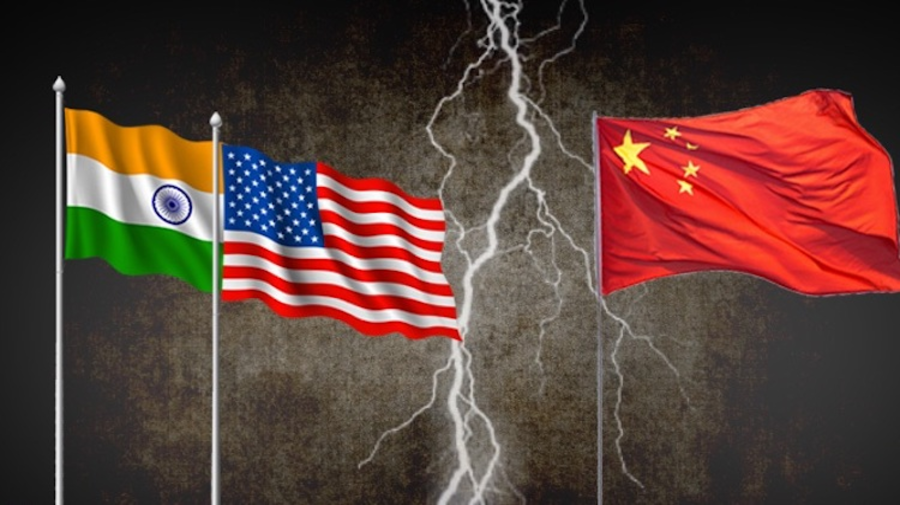A recent survey conducted by OnePoll has unearthed a compelling statistic – 61% of US executives are open to considering India as a sourcing destination, provided it offers materials comparable to those available in China. This pivotal finding underscores a burgeoning trend that could reshape the landscape of international commerce and shift paradigms in global trade dynamics.
The said survey has collected the opinions of almost 500 C-Suite executives across the United States and sheds light on the evolving preferences of key decision-makers in the business realm. Notably, it reveals a striking inclination among US corporate leaders towards India as a prospective supply chain partner. A remarkable threefold increase in preference for India over China underscores the growing appeal of diversifying sourcing strategies beyond traditional hubs, hinting at the strong ‘China +1’ and ‘Minus China’ sentiments.
The burgeoning interest in India among US executives reflects a strategic reevaluation of supply chain dynamics. While China has long been the dominant player in global sourcing, concerns over political risks, intellectual property theft, and product quality have fueled skepticism among US decision-makers. According to the survey, over half of respondents identified these concerns as primary deterrents to continued engagement with China. Moreover, 26% of executives expressed a perception of high risk associated with trading with China, in stark contrast to the comparatively lower perceived risk associated with India, at 12%.
With India offering a compelling alternative, characterized by lower perceived risks and comparable material availability, the shift towards diversification gains momentum. Supply chain relations between India and the US have seen steady growth, buoyed by complementary strengths and shared economic interests. India’s burgeoning manufacturing sector, coupled with its skilled workforce and robust infrastructure development, presents a conducive environment for collaborative partnerships. Recent initiatives such as the US-India Strategic Energy Partnership and the US-India Trade Policy Forum reflect a deepening commitment to fostering bilateral trade relations.
Samir Kapadia (Founder and CEO of India Index) aptly captures the significance of these findings, emphasizing the transformative potential for global supply chains. He asserts, “The shift in institutional money from China to India isn’t going to be the only thing that we’re going to see shift. As the poll data clearly shows, we’re also going to see how the supply chain transforms globally.”
The implications extend beyond mere sentiment, as evidenced by tangible shifts in trade patterns. Recent data from the Census Bureau indicates a significant decline in US imports from China, with a notable 24% decrease observed over the past year. Major corporations, including HP, Stanley Black & Decker, Apple, and Lego, have initiated the process of decoupling from China, signaling a broader trend toward diversification and risk mitigation.
While acknowledging that trade with China will persist, Kapadia underscores the inevitability of a gradual transition towards alternative trading partners such as India. He remarks, “While US trade with China will continue, we now have data that validates that many US executives will start to slowly decouple from China in the year ahead and consider other trading partners such as India.”
The convergence of economic imperatives, geopolitical realities, and corporate risk management strategies underscores the significance of this paradigm shift. As stakeholders adapt to a rapidly evolving global landscape, India emerges as a compelling alternative, offering not only access to materials comparable to those available in China but also a promising avenue for fostering mutually beneficial trade relationships.

